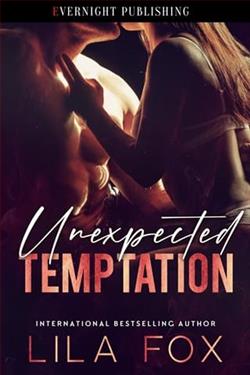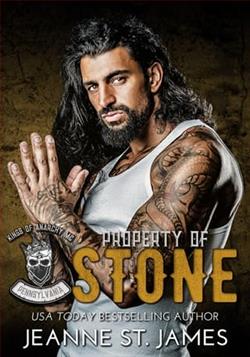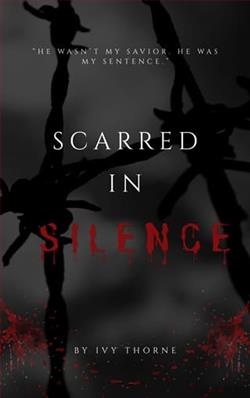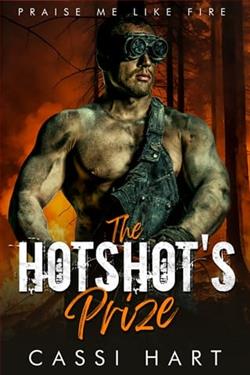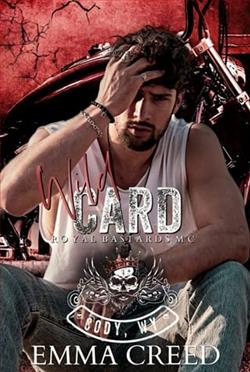Page 107 of The Children of Eve
“Do you have something to say?”
“A question to ask,” Seeley replied.
“Then ask it.”
“Who are you?”
“Didn’t Urrea tell you?”
“He told me a story: of children, a mountain, and a deity.”
The woman laughed. It was a strange, rasping sound, and when she stopped, her breathing was more labored. A breeze arose, setting the leaves dancing and causing the dead bird’s feathers to flutter.
“Urrea said that the children were taken from a cave that was about to collapse,” continued Seeley. “It was assumed they’d been sacrificed toanapulinked to that place, but Urrea’s researches revealed this was an error. The cave wasn’t the home of a spirit, but a god.”
La Señora’s face bore a trace of amusement.
“Go on. I’m interested to hear where your reasoning leads you.”
“You were there from before, long before. You watched over the children, like a mother.”
“Like the First Mother.”
Seeley heard regret—and love.
“Were there other children?” he asked.
“Yes, but not like them.”
“Why were they different?”
“They did not fall silent like the rest, so I was not lonely.” Lost to memories, eyes closed, she stroked her hair with her left hand. Seeley noticed that with each caress, strands came away from her scalp, falling to her shoulder.
“Name me, Seeley,” she said. “We have come to it. That’s what you want, isn’t it? To speak, and in speaking, to bear witness?”
“Mama Sara?” he offered.
“A goddess of corn and crops?¿Neta?Try harder.”
“Mama Quilla, then.”
“The moon goddess, protector of women? Don’t insult me, Seeley.”
Her eyes flicked open and she bared her teeth. Seeley had pretended ignorance but she—they,it—had seen through him. He realized his error: men should not play games with gods. She turned to face him, and those teeth, now further exposed by the accelerating recession of her gums, seemed to him impossibly long and sharp.
“It was an error on my part,” said Seeley. “I take it back. I should not have asked.”
“Too late. The error is made.”
“I don’t—”
“It was not just a cave, but a doorway,” she said, “an entrance to Ukhu Pacha. Do you understand? Are you beginning to see?”
Yes, Seeley was beginning to see, though he wished it were otherwise. Urrea had not been mistaken. This was no mereapu, but nor was it a mere god.
La Señora’s voice altered, and Seeley heard both the male and female in it, the former now dominant. Seeley, who had been exposed to the worst in men, was confronted with a greater darkness, a convergence of shadows at the heart of existence from which emerged an intersex being of male and female aspect, and for the first time he feared, not the pain of dying, but what might come after. He had predicated his life on a promise of oblivion when it ended, a peace without end. Now that was taken from him, and what replaced it would haunt him until it became his reality after death. Behind the glass of the patio window, Urrea’s men gathered. The gringo might have been achingon, a badass, but even achingonwas capable of folly.
“You asked the question,” said the voice, quieter now. “Speak the answer. Say my name.”









